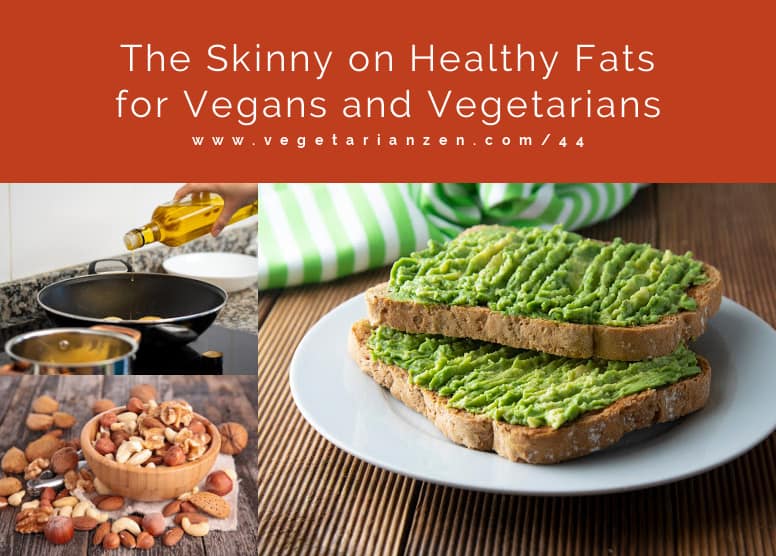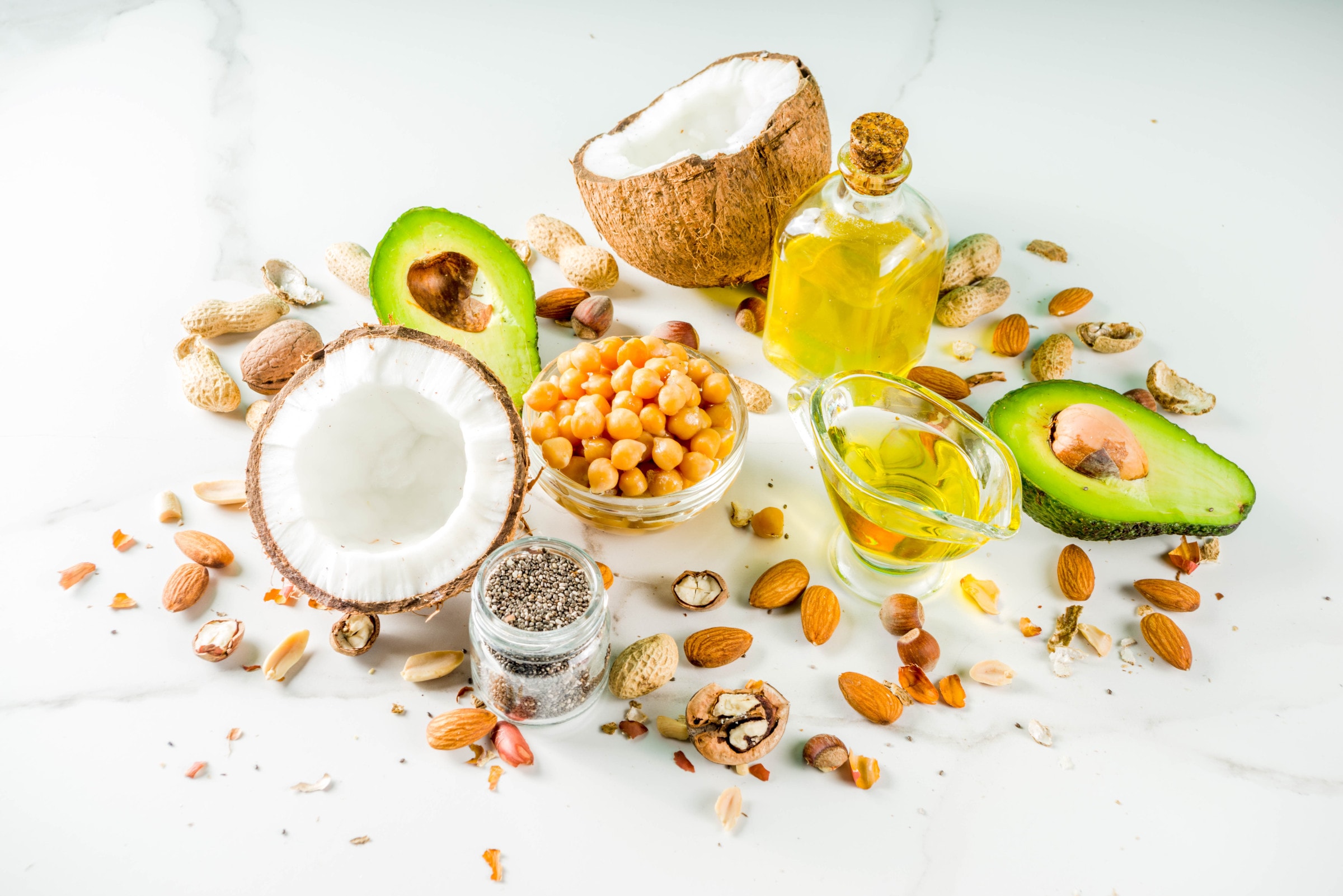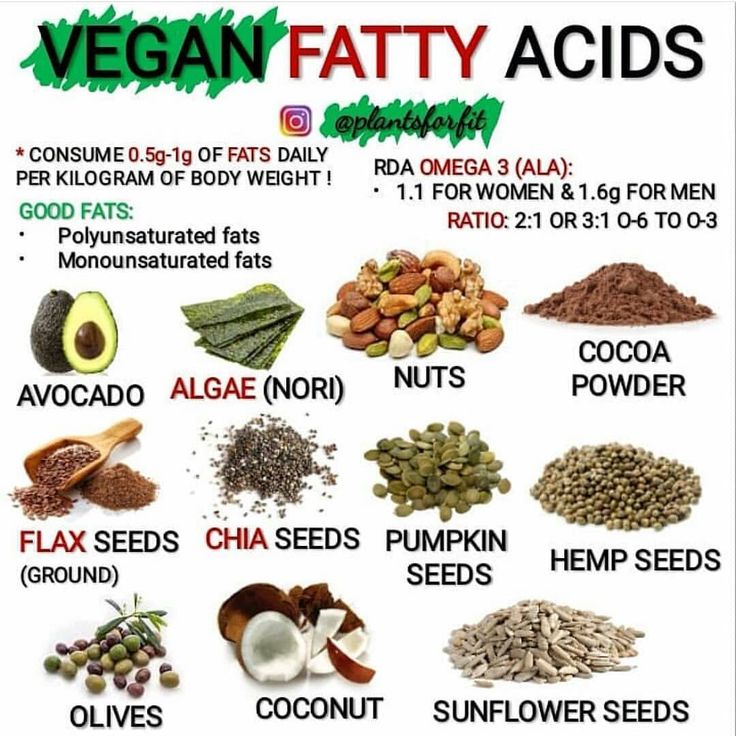[The Vegan’s Guide To Healthy Fats]

Executive Summary

Navigating a vegan diet can sometimes feel like a tightrope walk, especially when it comes to healthy fats. While animal-based sources of fat are off the table, the plant-based world offers an abundance of delicious and nutritious options. This guide will explore the essential role of healthy fats in a vegan diet, debunk common misconceptions, and provide practical tips for incorporating them into your daily meals. We’ll delve into various types of vegan fats, discuss their health benefits, and equip you with the knowledge to make informed choices about your dietary fat intake.

Introduction
A vegan diet, characterized by its exclusion of all animal products, often leads to questions about obtaining sufficient healthy fats. It’s essential to remember that fats are not the enemy, but rather crucial components of a balanced and nutritious diet. They play vital roles in hormone production, cell function, and energy absorption. This guide aims to dispel the myth that vegan diets are inherently low in healthy fats and to empower you to confidently incorporate them into your daily routine.
What are the best sources of healthy fats for vegans?
This is a great question! Vegans can find a wide range of healthy fats in plant-based foods. Here are some of the top sources:
- Avocados: A powerhouse of healthy fats, avocados are rich in monounsaturated fats, particularly oleic acid, known to promote heart health.
- Nuts and Seeds: Almonds, walnuts, cashews, pumpkin seeds, and flaxseeds are excellent sources of polyunsaturated fats, including omega-3 fatty acids, essential for brain function and reducing inflammation.
- Olive Oil: This staple of Mediterranean cuisine is high in monounsaturated fats, particularly oleic acid, and has been linked to improved heart health and reduced risk of certain cancers.
- Coconut Oil: While saturated fat, coconut oil is known for its unique fatty acid profile, including lauric acid, which may boost the immune system and provide antimicrobial benefits.
What are the benefits of eating healthy fats?
Healthy fats play a crucial role in maintaining overall health and well-being. Here’s a closer look at some of their key benefits:
- Support Heart Health: Monounsaturated fats, like those found in avocados and olive oil, can help lower LDL (“bad”) cholesterol levels and raise HDL (“good”) cholesterol levels, promoting heart health.
- Improve Brain Function: Omega-3 fatty acids, found in flaxseeds and walnuts, are essential for brain development and function, contributing to cognitive health and reducing the risk of age-related cognitive decline.
- Boost Energy Levels: Fats are an efficient source of energy, providing sustained energy throughout the day and helping you feel fuller for longer.
- Promote Hormonal Balance: Healthy fats are essential for the production and regulation of hormones, including those involved in mood, appetite, and reproductive health.
How much healthy fat should I consume each day?
While there’s no one-size-fits-all answer, a general recommendation is to aim for 20-35% of your daily calories from healthy fats. This translates to approximately 44-78 grams of fat per day for a 2,000-calorie diet.
How can I incorporate healthy fats into my diet?
There are many delicious and easy ways to add healthy fats to your meals and snacks. Here are some ideas:
- Use olive oil for cooking and salad dressings.
- Add nuts and seeds to salads, yogurt, oatmeal, or smoothies.
- Spread avocado on toast or sandwiches.
- Enjoy a handful of olives as a snack.
- Roast vegetables with coconut oil.
- Make vegan dips using hummus, tahini, or cashew cream.
Why are healthy fats important for vegans?
It’s a common misconception that vegans are naturally deficient in healthy fats. In reality, plant-based foods are rich in healthy fats, and many vegans can easily meet their daily needs. However, some factors may contribute to a lack of essential fatty acids in a vegan diet, such as a limited intake of certain foods like flaxseeds, walnuts, or algae oil. Therefore, it’s crucial for vegans to be mindful of their fat intake and ensure they are getting enough from diverse plant-based sources.
What are some common misconceptions about vegan fats?
There are a few common misconceptions surrounding vegan fats, and it’s important to debunk them.
- Myth: Vegan diets are inherently low in fat.
- Truth: Plant-based foods are rich in healthy fats, and vegans can easily meet their daily needs.
- Myth: All vegan fats are unhealthy.
- Truth: Vegan diets offer a wide array of healthy fats, including monounsaturated, polyunsaturated, and omega-3 fatty acids.
- Myth: Vegans need to consume large amounts of fat to meet their needs.
- Truth: A balanced vegan diet that includes a variety of plant-based fats can provide all the nutrients you need without excessive fat intake.
Essential Fatty Acids for Vegans
Essential fatty acids (EFAs) are crucial for various bodily functions and cannot be produced by the body. While some EFAs are readily found in plant-based foods, others, like omega-3 fatty acids, require careful attention in a vegan diet.
Omega-3 Fatty Acids
Omega-3s are essential for heart health, brain function, and reducing inflammation. They are abundant in fatty fish like salmon and tuna, but vegans can obtain omega-3s through:
- Flaxseeds: A good source of ALA (alpha-linolenic acid), a plant-based omega-3. The body converts ALA into EPA and DHA, though the conversion rate can be low.
- Chia Seeds: Similar to flaxseeds, they offer ALA, contributing to omega-3 intake.
- Walnuts: They contain a moderate amount of ALA and also provide other heart-healthy fats.
- Algae Oil: A unique and effective source of EPA and DHA, directly derived from algae, the source of omega-3s in fish.
Omega-6 Fatty Acids
Omega-6s, also essential, are abundant in plant-based oils like sunflower, soybean, and corn oil. However, consuming too much omega-6 compared to omega-3 can contribute to inflammation.
- Balancing Omega-3 and Omega-6: It’s crucial to maintain a balanced intake of omega-3 and omega-6 fatty acids. Aim for a ratio of 1:4 or 1:5, meaning you consume 1 gram of omega-3 for every 4-5 grams of omega-6.
Vegan Fats: A Detailed Look
This section provides in-depth information on some of the most common and beneficial vegan fats.
Monounsaturated Fats
- Avocados: An excellent source of monounsaturated fat, particularly oleic acid. They are also rich in fiber, potassium, and vitamins C and K.
- Olive Oil: Known for its heart-healthy benefits, olive oil is high in monounsaturated fats and antioxidants. It’s ideal for cooking, salad dressings, and drizzling over dishes.
- Nuts and Seeds: Some nuts and seeds, like almonds, macadamia nuts, and pecans, are rich in monounsaturated fats.
Polyunsaturated Fats
- Nuts and Seeds: Walnuts, flaxseeds, chia seeds, and pumpkin seeds are excellent sources of polyunsaturated fats, including omega-3 and omega-6 fatty acids.
- Soybeans: Soybeans contain both omega-3 and omega-6 fatty acids.
- Hemp Seeds: Hemp seeds provide a balance of omega-3 and omega-6 fatty acids and are also a good source of protein.
Saturated Fats
- Coconut Oil: A unique saturated fat, coconut oil is known for its lauric acid content, which has potential antimicrobial benefits. It’s best used in moderation due to its high saturated fat content.
Conclusion
Navigating the world of vegan fats doesn’t have to be daunting. By understanding the diverse range of healthy options available in plant-based foods and prioritizing a balanced intake, vegans can readily meet their daily needs and reap the numerous benefits of these essential nutrients. Remember, healthy fats are not the enemy but valuable allies in promoting overall health and well-being. Embrace the variety, enjoy the flavor, and nourish your body with the goodness of plant-based fats.
Tags
vegan fats, healthy fats, omega-3 fatty acids, essential fatty acids, plant-based fats, vegan diet, nutrition, vegan lifestyle.